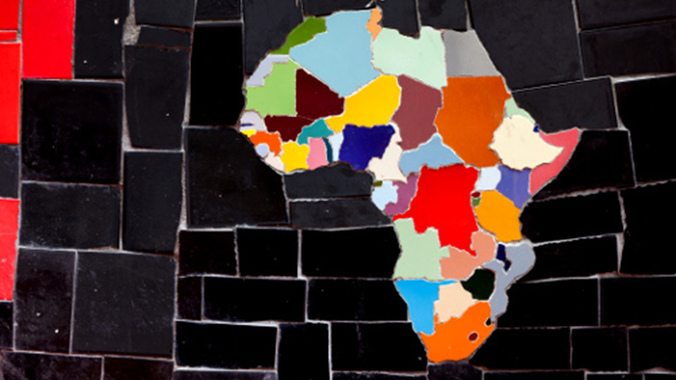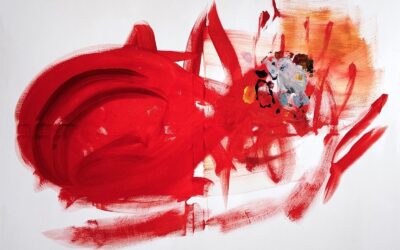Ubuntu is a central idea in post-apartheid South Africa, but scholars disagree on whether it informs the Constitution or undermines it, writes Thaddeus Metz.
UBUNTU: CURATING THE ARCHIVE edited by Leonhard Praeg and Siphokazi Magadla (UKZN Press)
A REPORT ON UBUNTU by Leonhard Praeg (UKZN Press)
These are rich times for scholarship on ubuntu, the Nguni word for humanness often used as a catchphrase for how indigenous southern Africans lived, or for an ethic or grander philosophy that grew out of traditional sub-Saharan lifestyles. There are a variety of different academic approaches to ubuntu in 21st century South Africa.
There are some who are traditionalist, expounding the way that ubuntu was understood in the past and recommending its application to the present without much change. Other scholars are much more revisionist, holding that several aspects of ubuntu as traditionally understood are neither metaphysically nor morally attractive, but that other facets remain so and should be our exclusive focus. Still others reject ubuntu as an ethic or way of life, maintaining that it is essentially inappropriate for an urban, industrialised, multicultural society.
There are, in addition, some academics who in the first instance critically explore what talk about ubuntu currently means for South African society. What does the word “ubuntu” connote to different groups? How did they come to speak about it in the way they do? What functions or interests does invoking the term serve (perhaps nefariously) in a particular social context? How does ubuntu compare to other value systems?
The irony of much work in post-colonial philosophy and studies is that few at the bottom of the post-colony can make use of these enquiries. Praeg is, to his credit, aware of the issue, but has nonetheless elected to produce scholarship that is by and large for scholars. As a scholar, though, I dig it.
Thaddeus Metz is a distinguished research professor of philosophy at the University of Johannesburg.
For full review, see Mail & Guardian






